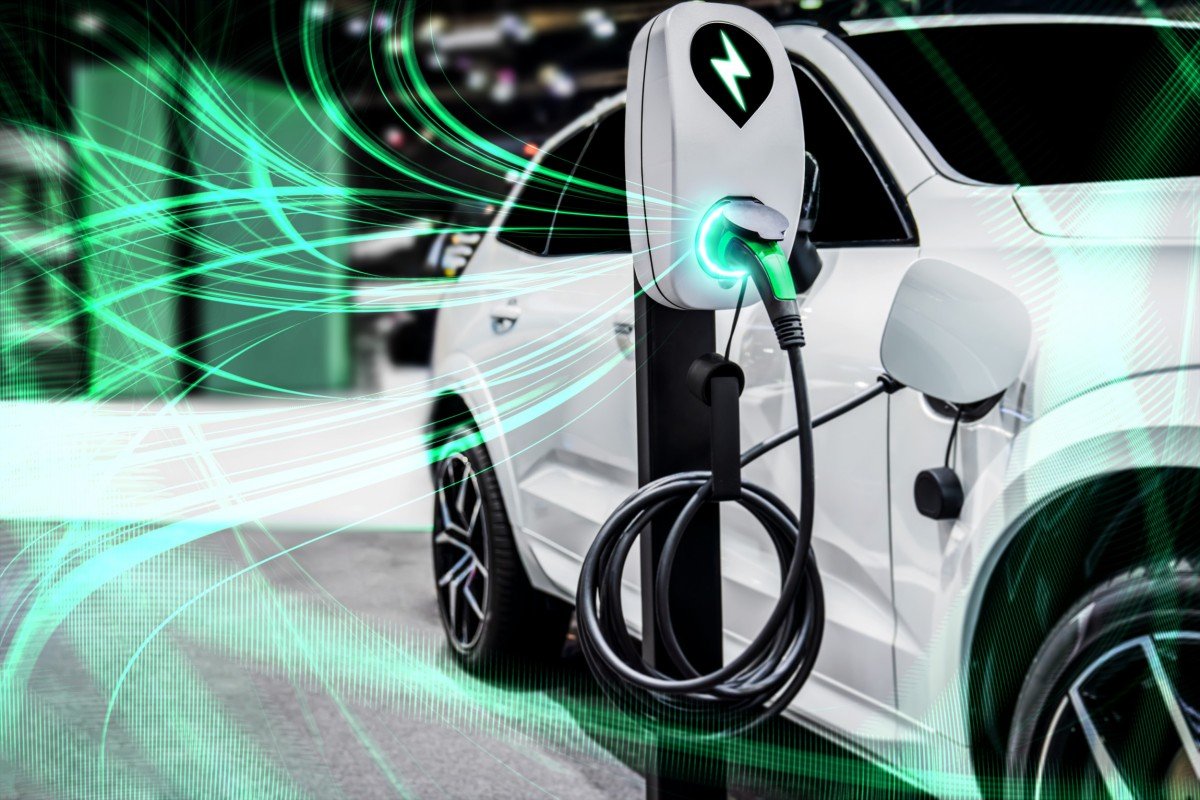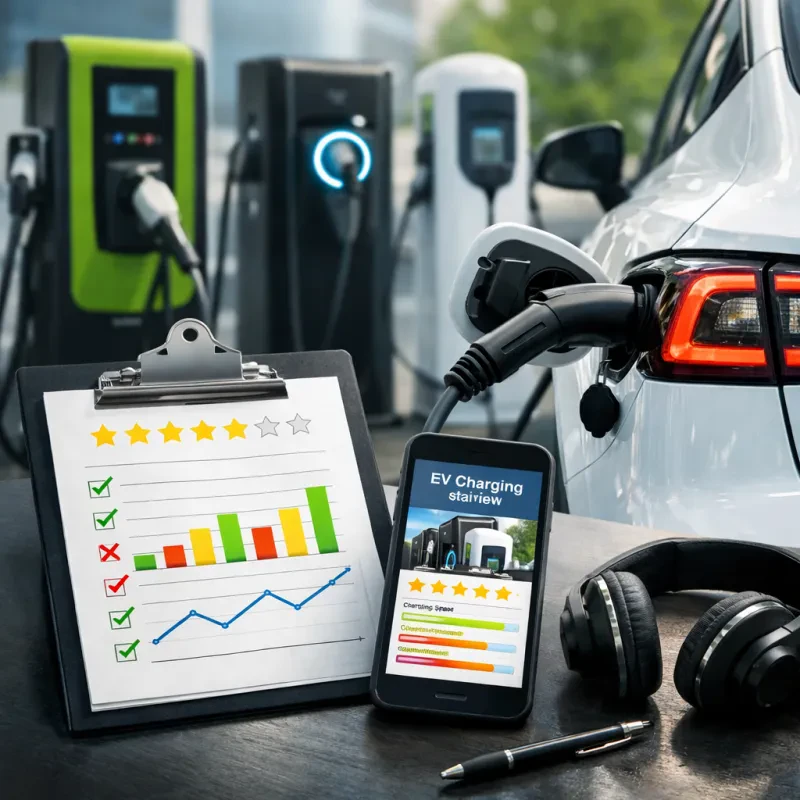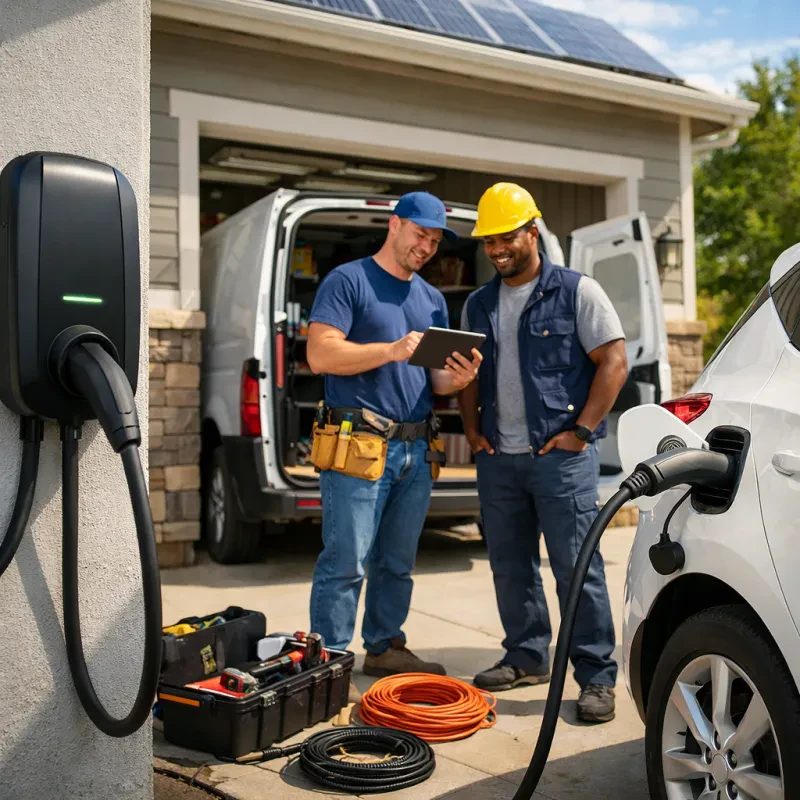Gasoline-powered cars have long been the dominant choice for drivers around the world, but with the rise of electric vehicles (EVs), many are now considering making the switch. One major factor that influences this decision is the cost comparison between gas and electric vehicles. Let's break down the key differences to help you decide if an electric car is right for you.
When it comes to initial cost, electric vehicles tend to be more expensive upfront compared to their gas-powered counterparts. This is largely due to the cost of the battery system used in EVs. However, many governments offer incentives and tax credits to help offset this initial investment, making electric cars a more attractive option for budget-conscious consumers.
While gas prices can fluctuate depending on global economic factors, electricity prices tend to be more stable over time. This means that owning an electric vehicle can result in long-term savings on fuel costs. Additionally, maintenance and repair costs for EVs are typically lower than those for gas-powered cars, as electric motors have fewer moving parts and require less frequent servicing.
Another key factor to consider is the cost of charging compared to filling up at the gas station. On average, it is cheaper to charge an electric vehicle than it is to fill up a gas tank, especially if you charge your EV at home using a residential charging station. Plus, many public charging stations offer free or discounted charging, further reducing the cost of owning and operating an electric vehicle.
Environmental Impact of Driving Electric Cars
Electric cars have been gaining popularity in recent years as an environmentally-friendly alternative to traditional gas-powered vehicles. One of the main reasons driving an electric car is seen as better for the environment is because they produce zero tailpipe emissions. This means that they do not contribute to air pollution, a major environmental concern in many urban areas.
In addition to reducing air pollution, driving an electric car can also help reduce greenhouse gas emissions that contribute to climate change. While gas-powered vehicles emit carbon dioxide and other greenhouse gases when they burn fossil fuels, electric cars produce no emissions on the road. If the electricity used to charge an electric car comes from renewable sources like solar or wind power, the environmental benefits are even greater.
Another environmental benefit of driving an electric car is the reduction in noise pollution. Electric cars are much quieter than their gas-powered counterparts, which can help improve the overall quality of life in urban areas. Additionally, electric cars have fewer moving parts than gas-powered vehicles, which means they require less maintenance and produce less waste over their lifetime.
Overall, the environmental impact of driving an electric car can be significant, especially when considering the reduction in air pollution, greenhouse gas emissions, and noise pollution. For environmentally-conscious consumers looking to reduce their carbon footprint and make a positive impact on the planet, switching to an electric car may be the right choice.
Electric Car Battery Life and Maintenance
Electric cars are becoming an increasingly popular choice for environmentally conscious consumers, but many people have concerns about the battery life and maintenance of these vehicles. One of the most common questions is: how long do electric car batteries last? The good news is that most electric car batteries are designed to last for at least 8-10 years, with some newer models even boasting a lifespan of up to 15 years. However, it's important to note that battery life can be affected by factors such as driving habits, temperature, and charging frequency.
To maximize the lifespan of your electric car's battery, there are a few simple maintenance tips to keep in mind. First and foremost, it's important to follow the manufacturer's guidelines for charging your vehicle. Overcharging or undercharging can lead to decreased battery life, so it's best to stick to the recommended charging cycles. Additionally, try to avoid letting the battery drain completely before recharging, as this can also shorten its lifespan. Finally, be mindful of extreme temperatures, as both hot and cold weather can affect the efficiency of your battery.
Pros and Cons of Owning an Electric Vehicle
Electric vehicles (EVs) are becoming increasingly popular as people seek out more sustainable transportation options. However, like any major purchase, there are both pros and cons to consider before making the switch to an electric car.
One of the biggest pros of owning an electric vehicle is the environmental impact - EVs produce zero tailpipe emissions, helping to reduce air pollution and combat climate change. They also require less maintenance than traditional gasoline-powered vehicles, saving you time and money in the long run.
On the other hand, one of the major cons of owning an electric vehicle is the upfront cost. EVs can be more expensive than their gas-powered counterparts, although government incentives and rebates are often available to help offset the cost. Charging infrastructure can also be a challenge, especially for those who don't have access to a dedicated charging station at home.
Ultimately, whether or not an electric car is right for you depends on your individual needs and priorities. Consider factors like your daily commute, budget, and access to charging stations before making the decision to go electric.



